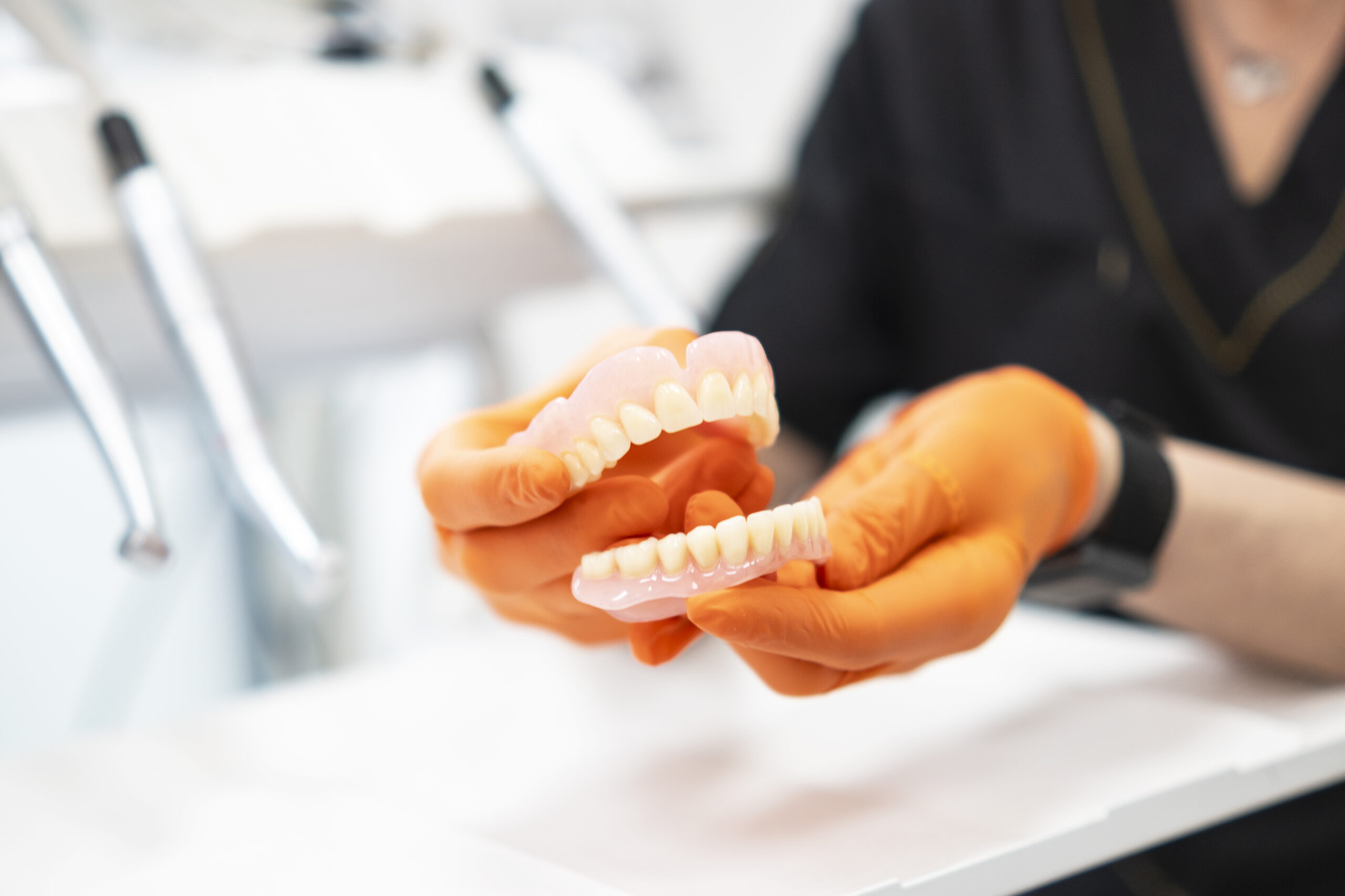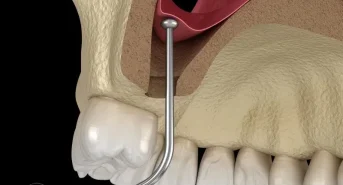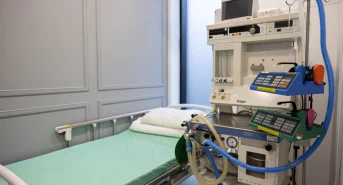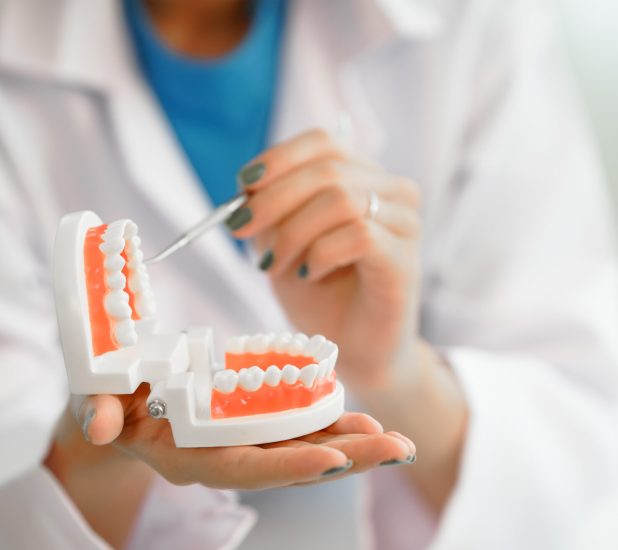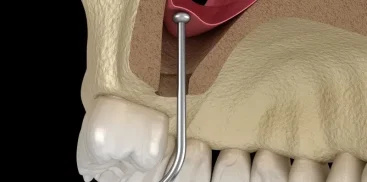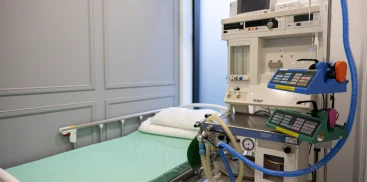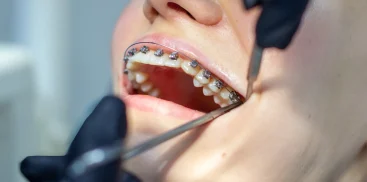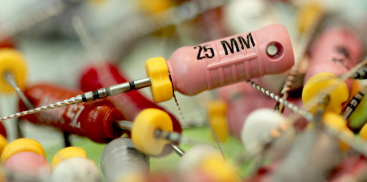Why is Proper Denture Fitting Important?
Dental prostheses need to be perfectly fitted to meet the specific needs of each patient. Unfortunately, many people still use poorly fitted dentures or fail to replace them in time. What are the consequences of this, and how can you recognize when it’s time to replace your dentures?
Negative Effects of Improper Dentures
Ill-fitted dentures can lead to a range of health problems. Using inappropriate materials can trigger allergic reactions, causing pain and discomfort. Moreover, poorly fitted dentures make eating, speaking, and smiling difficult, thereby lowering the quality of life. Difficulties in chewing can result in swallowing larger food pieces, leading to digestive issues.
Oral irritations caused by poorly fitted dentures can promote infections, requiring additional treatment. In the long run, using such dentures negatively impacts the patient’s well-being and self-esteem.
How to Recognize if Dentures Are Improperly Fitted?
Here are a few signs that may indicate improperly fitted dentures:
- Discomfort or pain: If you experience discomfort or pain after wearing dentures, consult with your dentist.
- Unnatural movement: Dentures should not shift or fall out, for example, when sneezing.
- Irritations and infections: Frequent oral irritations could be a sign of poorly fitted dentures.
- Changes in the oral cavity: Every few years, it’s essential to check for changes in the oral cavity that could affect denture fitting.
Regular Check-ups and Denture Replacement
To avoid these problems, regular dental check-ups are recommended. At the Warsaw Dental Center in Warsaw, dentists can assess denture fitting and make necessary adjustments or replacements. Regular visits to the dentist help maintain oral health and ensure the comfort of denture use.
